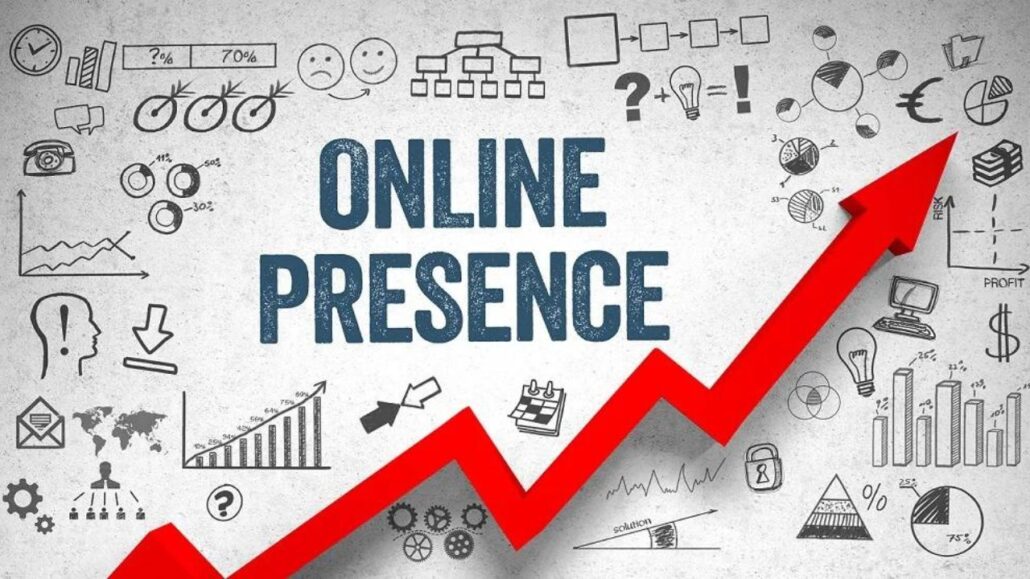Real estate agents can optimize social media marketing by understanding their audience, choosing the right platforms, and creating engaging content. Effectively utilizing visual platforms, engaging with the audience, and staying updated with trends are crucial for success in today’s competitive market.
To Social Media Marketing for Real Estate Agents
Establishing a strong online presence is crucial for success. Social media platforms offer a powerful way to showcase listings, connect with clients, and build brand awareness.
With millions of users actively engaging on platforms like Facebook, Instagram, and Twitter, real estate agents have a unique opportunity to expand their reach and attract new leads.
The Target Audience
Before diving into social media marketing, real estate agents must understand their target audience. By identifying potential homebuyers and sellers, agents can tailor their content and messaging to resonate with their audience’s needs and preferences.
Whether targeting first-time homebuyers, empty nesters, or luxury clientele, knowing your audience is key to crafting effective marketing campaigns.
The Right Social Media Platforms
With a plethora of social media platforms available, real estate agents need to choose the ones that best align with their target demographic.
For instance, platforms like Facebook and LinkedIn are popular among professionals and older demographics, while Instagram and TikTok appeal to younger, visually oriented audiences.
By selecting the right platforms, agents can maximize their exposure and connect with potential clients where they’re most active.
Creating Engaging Content
Attention is a precious commodity. To stand out from the competition, real estate agents must create content that captivates and engages their audience.
Whether it’s stunning property photos, virtual tours, or informative blog posts, compelling content can spark interest and drive engagement.
By leveraging multimedia elements and storytelling techniques, agents can showcase their listings in a way that resonates with potential buyers and sellers.
Utilizing Visual Platforms Effectively
Visual platforms like Instagram, Pinterest, and YouTube offer unique opportunities for real estate agents to showcase properties and connect with clients.
Instagram, with its emphasis on visually appealing content, is ideal for sharing property photos and behind-the-scenes glimpses of the real estate process.
Pinterest, on the other hand, allows agents to create boards featuring home decor inspiration, DIY projects, and neighborhood highlights.
YouTube provides a platform for agents to create virtual property tours, neighborhood guides, and informative video content that educates and entertains viewers.
Building a Strong Online Presence

Consistency is key to building a strong online presence. Real estate agents should maintain a cohesive brand identity across all social media platforms, with consistent messaging, imagery, and tone of voice.
By showcasing their expertise and professionalism, agents can instill confidence in potential clients and position themselves as trusted advisors in the real estate industry.
Engaging with the Audience
Social media is inherently social, and real estate agents should actively engage with their audience to foster meaningful connections. Responding to comments, messages, and inquiries in a timely manner demonstrates attentiveness and professionalism.
By initiating conversations, asking questions, and soliciting feedback, agents can cultivate a loyal following and build rapport with clients over time.
Using Paid Advertising Wisely
While organic reach is valuable, paid advertising can help real estate agents amplify their message and reach a broader audience. Platforms like Facebook and Instagram ads offer sophisticated targeting options, allowing agents to hone in on specific demographics, interests, and behaviors.
By allocating ad spend strategically and monitoring performance metrics, agents can optimize their campaigns for maximum impact and return on investment.
Monitoring and Analyzing Performance
In social media marketing, data is king. Real estate agents should regularly monitor key performance indicators such as engagement rates, click-through rates, and conversion metrics to gauge the effectiveness of their campaigns.
By analyzing trends and identifying areas for improvement, agents can refine their strategies and achieve better results over time.
Networking and Collaboration
Collaboration is a powerful tool for expanding reach and tapping into new audiences. Real estate agents can partner with other professionals, influencers, and local businesses to cross-promote content, host joint events, and share resources.
By leveraging each other’s networks and expertise, agents can amplify their message and establish themselves as community leaders in the real estate industry.
Providing Value through Educational Content

Real estate agents should provide value to their audience through educational content. Whether it’s sharing market insights, home-buying tips, or neighborhood guides, informative content demonstrates expertise and builds trust with potential clients.
By positioning themselves as knowledgeable resources, agents can attract and retain clients who appreciate their expertise and guidance throughout the real estate journey.
Leveraging User-Generated Content
User-generated content is a powerful way to showcase satisfied clients and build social proof. Real estate agents can encourage happy homeowners to share their experiences and testimonials on social media, providing authentic endorsements that resonate with prospective buyers and sellers.
By featuring user-generated content prominently on their profiles, agents can showcase their track record and inspire confidence in their services.
Staying Updated with Trends and Changes
The world of social media is constantly evolving, with new features, algorithms, and trends emerging regularly. Real estate agents must stay abreast of these changes and adapt their strategies accordingly
Whether it’s embracing new platforms like Clubhouse or experimenting with emerging formats like live video and stories, agents who stay ahead of the curve can maintain a competitive edge and reach audiences in innovative ways.
Implementing a Consistent Posting Schedule
Consistency is key when it comes to social media marketing. Real estate agents should establish a consistent posting schedule and stick to it religiously.
Whether posting daily updates, weekly newsletters, or monthly market reports, consistency helps agents stay top-of-mind with their audience and maintain a steady flow of engagement and leads.
Conclusion
Social media marketing offers immense opportunities for real estate agents to connect with clients, showcase listings, and grow their businesses. By understanding their target audience, choosing the right platforms, and creating engaging content, agents can build a strong online presence and establish themselves as trusted authorities in the real estate industry.
FAQ
How Effective is Social Media Marketing for Real Estate?
Teach buyers: Social media marketing is vital in real estate for connecting and sharing information with buyers. By educating your audience, you establish expertise and foster relationships that boost sales.
How Effective is Social Media Marketing for Real Estate?
Teach buyers: Social media marketing in real estate is vital for connecting and sharing information with buyers. Educating your audience establishes expertise and fosters relationships, ultimately boosting sales.
How is Social Media Used in Real Estate?
How is social media used in real estate? Social media for real estate is a great way to engage prospects and position yourself as an authority in the industry. You can use social media to target potential buyers, advertise listings, showcase your knowledge of the local market, and build relationships with clients.
How does Marketing Help Real Estate Agents?
Marketing enables you to connect with a wider audience, promote your services, and generate leads that may become long-term clients. With a strategic real estate agent marketing plan, you can set goals for the year and prepare for future expansion and development.
What Part of Real Estate is Most Profitable?
Commercial Real Estate: Commercial properties, such as office buildings, retail spaces, and industrial warehouses, can offer substantial income potential, especially in prime locations with high demand. Long-term leases with businesses and corporations can provide stable cash flow.



